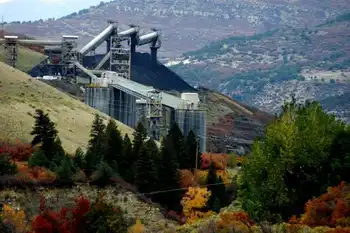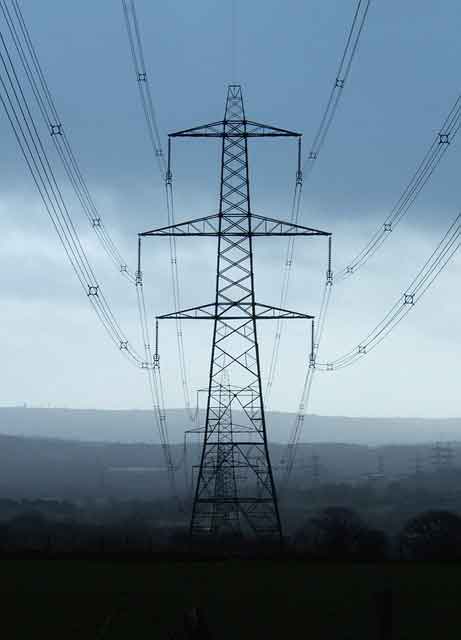Will environmentalists stand with scientists over clean energy?
By Vancouver Sun
Protective Relay Training - Basic
Our customized live online or in‑person group training can be delivered to your staff at your location.

- Live Online
- 12 hours Instructor-led
- Group Training Available
But what I find in some ways even more depressing is the fact even some environmental groups have chosen to abandon science and campaign against clean energy and climate policies.
The scientific community has a very solid understanding of what is causing global warming: it is overwhelmingly because of the combustion of fossil fuels. Thus, the primary solution to the problem is as simple as it is daunting: The elimination of fossil fuel use in our economies.
Few people outside the scientific and engineering community have yet come to terms with the immensity of that task. In my home province of British Columbia, for example, we frequently hear about how "green" our energy system is — the rationale being that hydro dams make up the vast majority of electricity generation. Very rarely does anyone point out that electricity is a small part of our overall energy consumption which, even with the blessings of hydro, is more than two-thirds fossil fuel.
So, even in a province fortunate to have lots of hydro, we still need a massive transformation in energy. All those fossil fuel emissions need to be eliminated. And we must do so quickly if we are to have any chance of stabilizing the climate and maintaining human civilization as we know it.
We need staggering amounts of energy conservation, emissions cuts and renewable energy. And all need to be deployed at an unprecedented rate.
Switching from fossil fuels to emissions-free energy sources is not going to happen without resistance. Each new hydro and wind project is being opposed by well-meaning citizens and environmental groups not familiar with the science. Each energy conservation policy is fought bitterly by "public interest groups" demagoguing to keep energy subsidized. Each attempt to tax carbon and each law to reduce emissions draws the fossil fuel lobby into action alongside these "public interest" groups.
The public debate has become a caricature. People complain about windmills blocking their view. Kayakers complain about seeing a transmission line on their weekend excursions. The public dialogue is riddled with outlandish and demonstrably false assertions such as windmills will devastate local bird populations or a hydro project will create more greenhouse emissions than it will displace by eliminating a coal-burning power plant. Some of the most insidious arguments attempt to slow things down: That we should do more planning, that we should do energy conservation first and build renewable energy later, that we shouldn't do anything until China does.
These arguments are fundamentally not serious. They come from groups and spokespeople that have simply not grappled with the math — with the scale and speed at which we must eliminate fossil fuel emissions.
The policies and actions needed are very well understood. When my colleagues and I at the Intergovernmental Panel on Climate Change won the Nobel Prize, it was awarded for "efforts to build up and disseminate greater knowledge about man-made climate change, and to lay the foundations for the measures that are needed to counteract such change." We have been as clear as we know how about the science and the measures needed.
We need a global agreement and action. This means rich countries like Canada must take decisive action and demonstrate that we are willing to shoulder the responsibility for what our emissions have done to the rest of the world. To that end:
• We need to build and transition to entirely emissions-free energy.
• We need to tax carbon emissions and legislate their elimination.
• We need aggressive efficiency policies.
These measures must happen extremely quickly and on an unprecedented scale. We desperately need all civil society organizations advocating as hard as possible for this effort and we cannot afford to have so-called environmentalists opposing what science shows to be necessary.
Environmental organizations and citizen groups will have to work constructively to support emissions-free energy options. Modern society has no choice but to move toward carbon neutrality if we hope to preserve our well-being. Emissions-free energy production is the only means of getting there.











